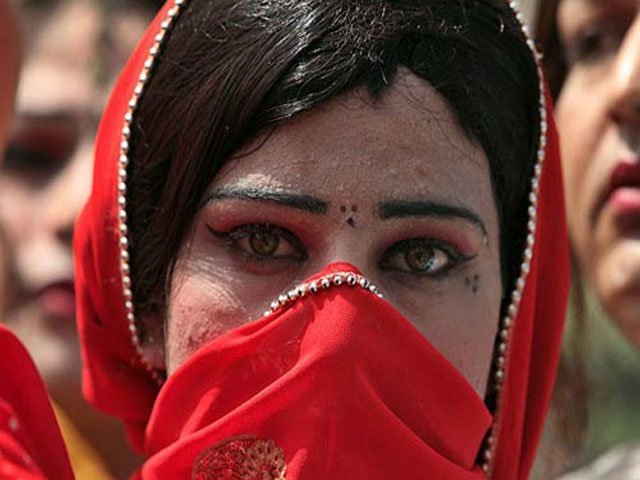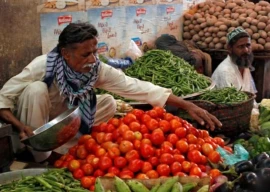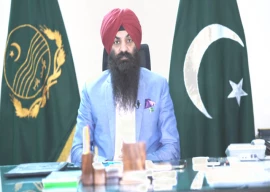
These views were expressed by participants of a stakeholders’ consultation on “human rights situation in Pakistan and way forward”, organised by WISE (Women in Struggle for Empowerment) in collaboration with Democracy Reporting International (DRI) on Friday at a local hotel. People from different walks of life including several representatives of human rights organisations attended the event.
Pakistan’s first transgender designer launches luxury pret wear
GSP+ status for Pakistan is an opportunity not only to improve the country’s economic situation but also create a space for the realisation of enhanced human rights protection in the country.
Pakistani business community is a major beneficiary of the GSP+ status. The dividends must be shared with citizens and workers of this country. The rising level of Pakistani exports to EU must match with the improved situation of human rights in Pakistan.
WISE Executive Director Bushra Khaliq urged the government to implement laws on women protection. She also stressed the need for strengthening of Provincial Women’s Commissions and protection mechanisms for vulnerable women with adequate budgetary allocations, along with independence and financial autonomy.
She also highlighted that the transgender community was experiencing social exclusion in Pakistan that resultantly translates into increased vulnerability and limited social and economic advancement. Limited access to education and employment and minimal opportunities for political, electoral participation strips the community of their fundamental rights. “The government should take steps to include the transgender community in policy formulation positions, governance structures.”
Transgender 'sex workers' asked to vacate Peshawar plazas
Ghulam Fatima of the Bonded Labour Liberation Front emphasised the need for policies to ensure legal recognition and social protection for women workers in the informal sector, she demanded of the government to introduce and implement legal requirements for an equal wage for men and women. She asked the government to amend the Punjab Prohibition of child Labour at Brick Kiln Act 2016 and introduce prohibition of child Labor in other provinces and amend similar legislation in other provinces where necessary.
With regard to the right to access to quality education, Search for Justice Director Iftikhar Mubarak said although the number of out of school children was reducing in Pakistan, yet 44% of children between the ages of five and 16 were still out of school. “In view of the situation, the government must increase in domestic financing for education by fulfilling the National Education Policy of spending 6% of GDP share and at least 20% of the provincial budgets towards education,” he said.
He was of the view that the government should adopt laws with holistic frameworks of the protection and development of children, establishing an effective monitoring system for reporting cases of child sexual abuse and exploitation.
He said 60 % of Pakistan’s population consists of youth. They need vocational and technical skills. For the purpose, there was a need to develop provincial youth policies which address the concerns of the youth accompanied by action plans and an institutional implementation plan.
Miqdad, a child rights activist and advocate of the high court, said child labour and domestic child labour was still a big problem to be worried about. He said not only efforts required to combat forced labour but to ensure accountability of criminals and redress for victims.
Kashif Aslam of the National Commission for Peace and Justice said protection of rights of minorities was also an important area. To implement the directives of the Supreme Court Judgment (19 June 2014) passed in response to the situation of minorities. “Equally important is to repeal laws discriminating against any persons on the basis of faith, race or ethnicity,” he said.
Published in The Express Tribune, October 27th, 2018.



1732503274-0/Untitled-design-(43)1732503274-0-165x106.webp)
1732501636-0/Untitled-design-(42)1732501636-0-165x106.webp)












COMMENTS
Comments are moderated and generally will be posted if they are on-topic and not abusive.
For more information, please see our Comments FAQ